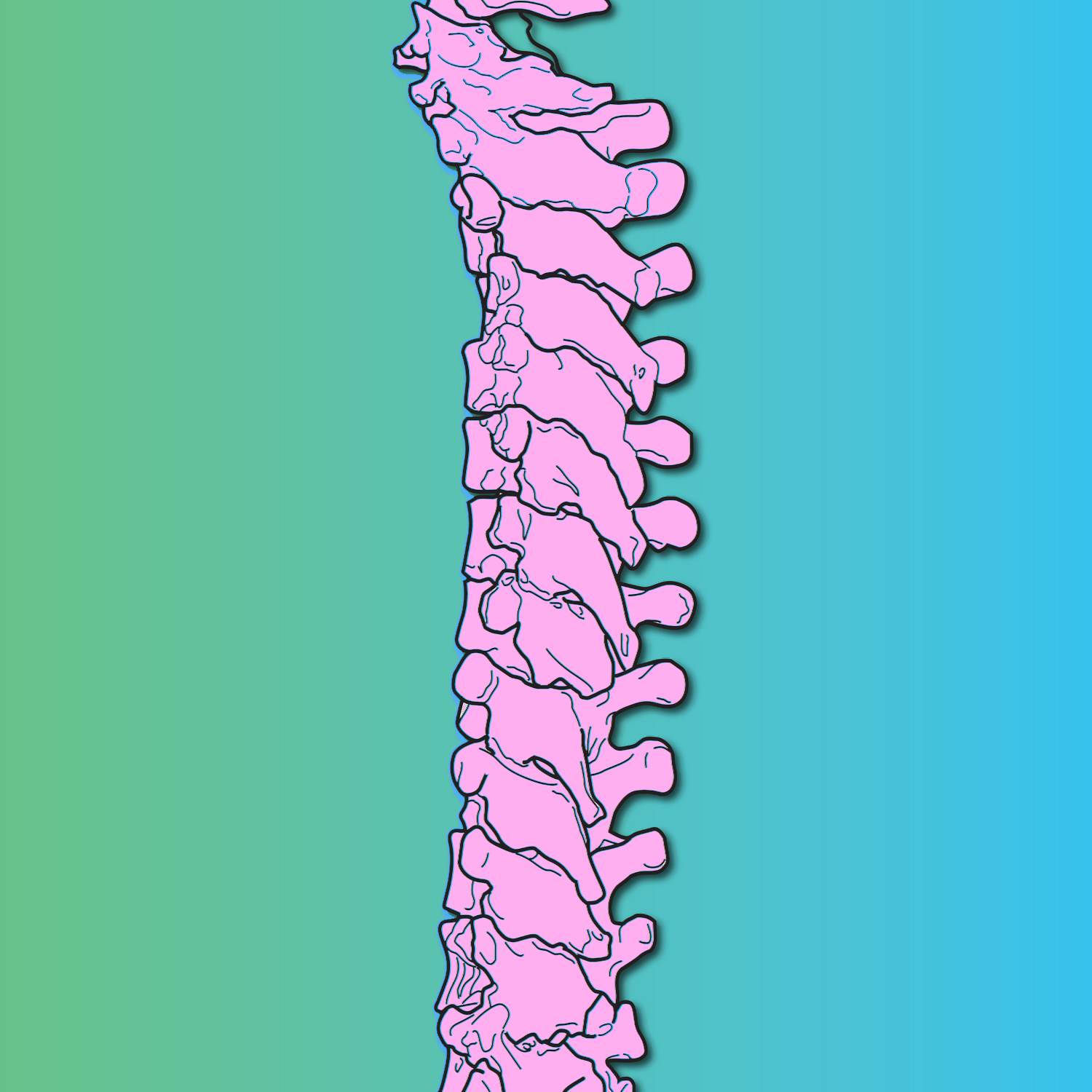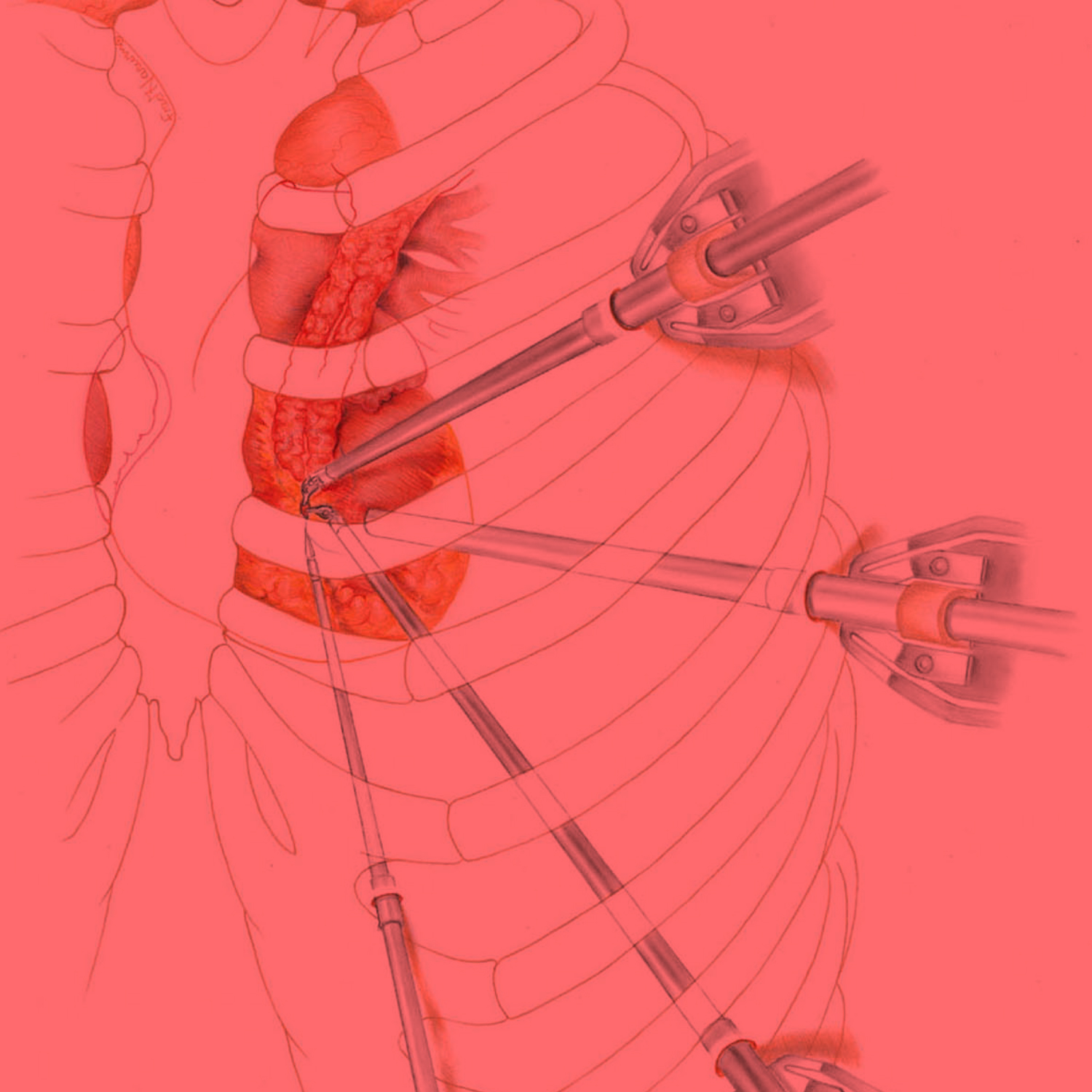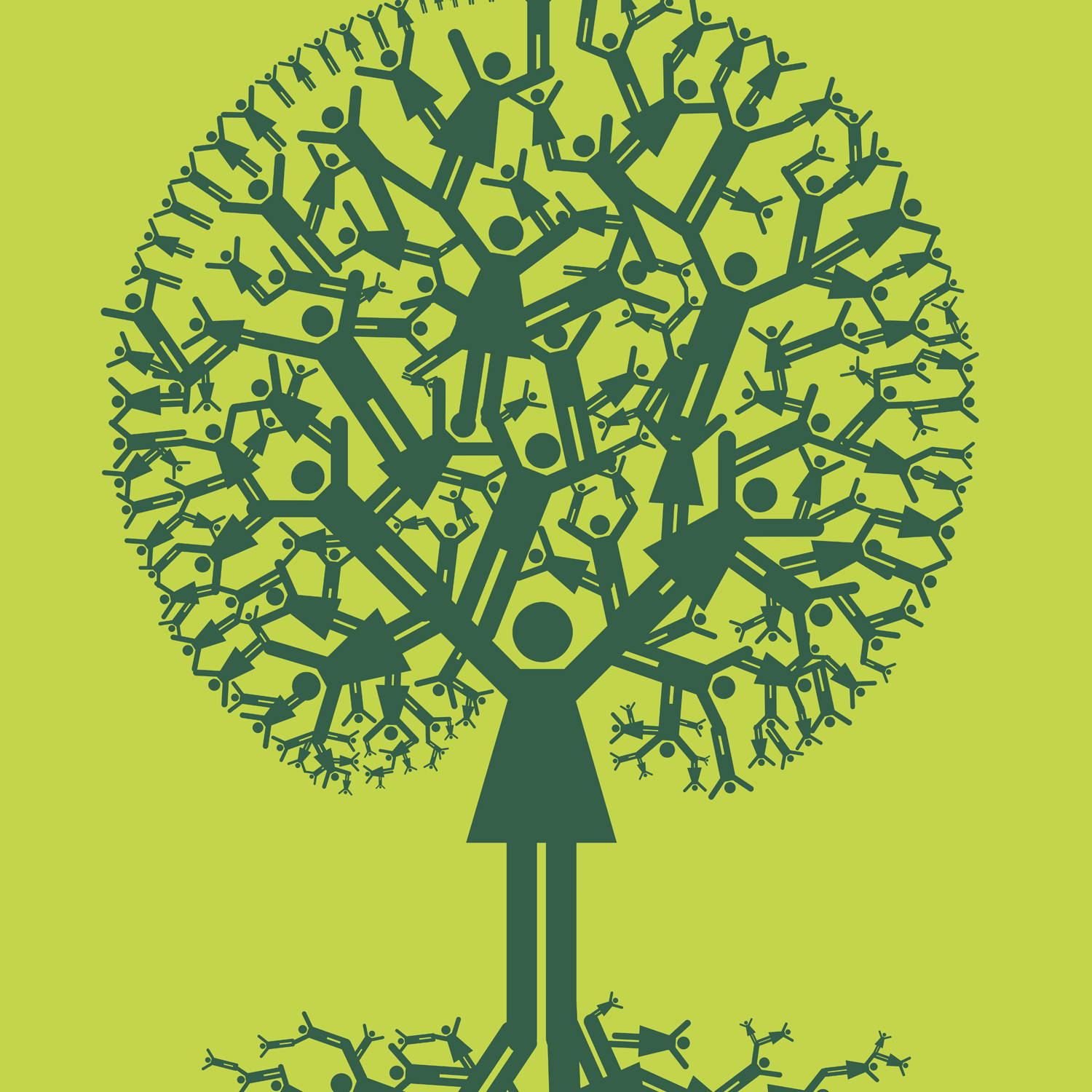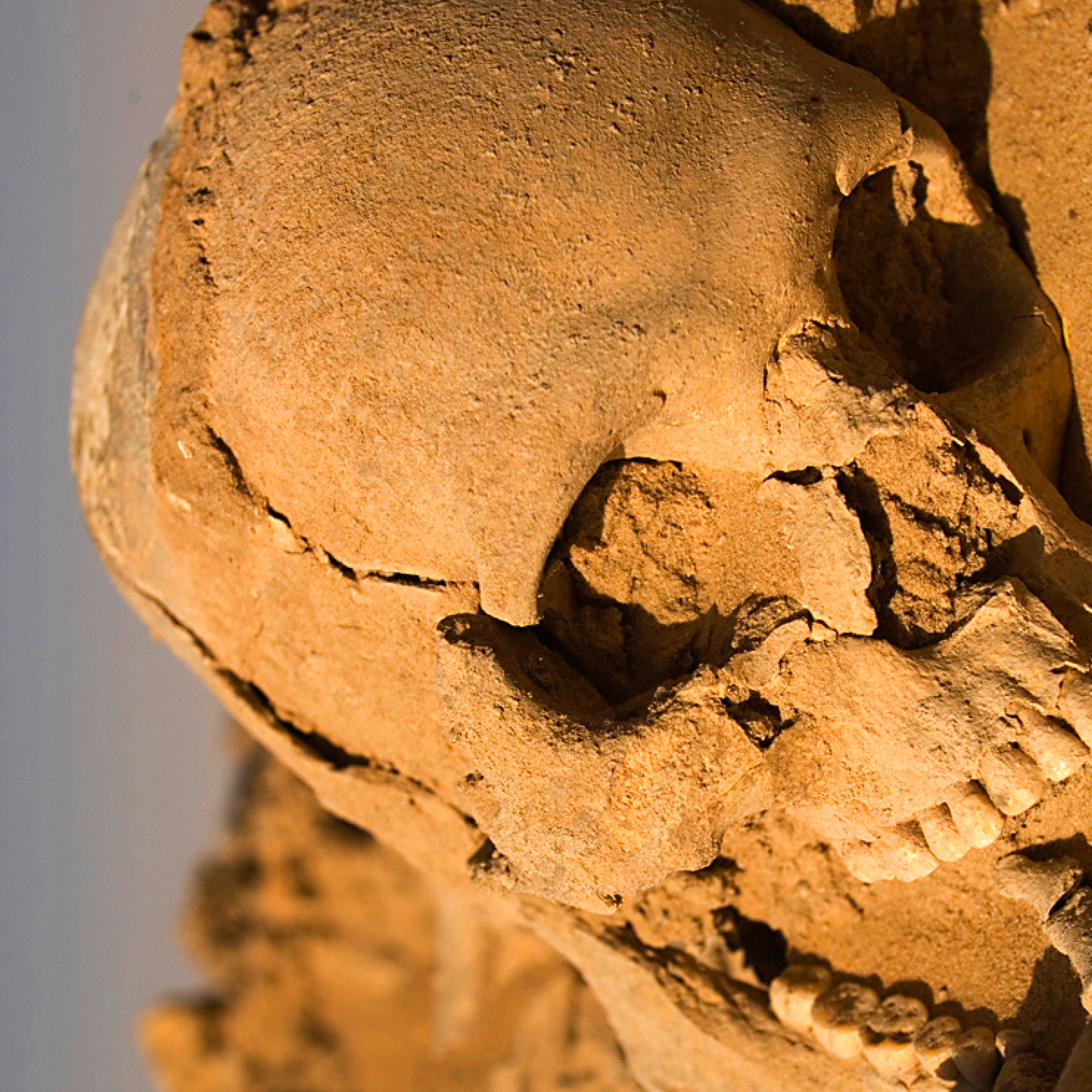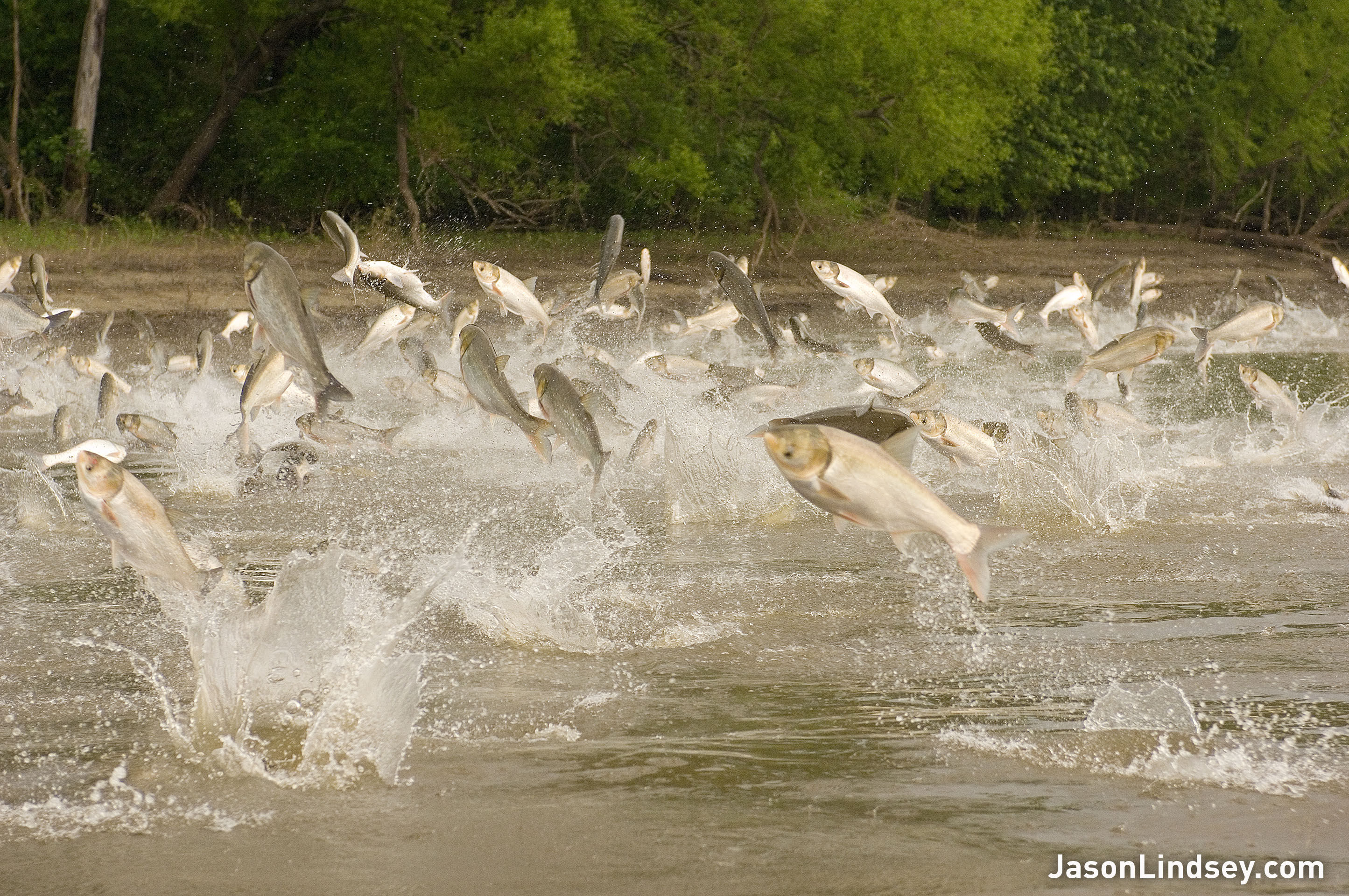
For streaming video of this program, please click here.
Speakers:
Prof. David Lodge, University of Notre Dame
Duane Chapman, United States Geological Survey
Continue reading “Asian Carp Invasion: Potential Economic and Ecological Impacts in the Great Lakes”
